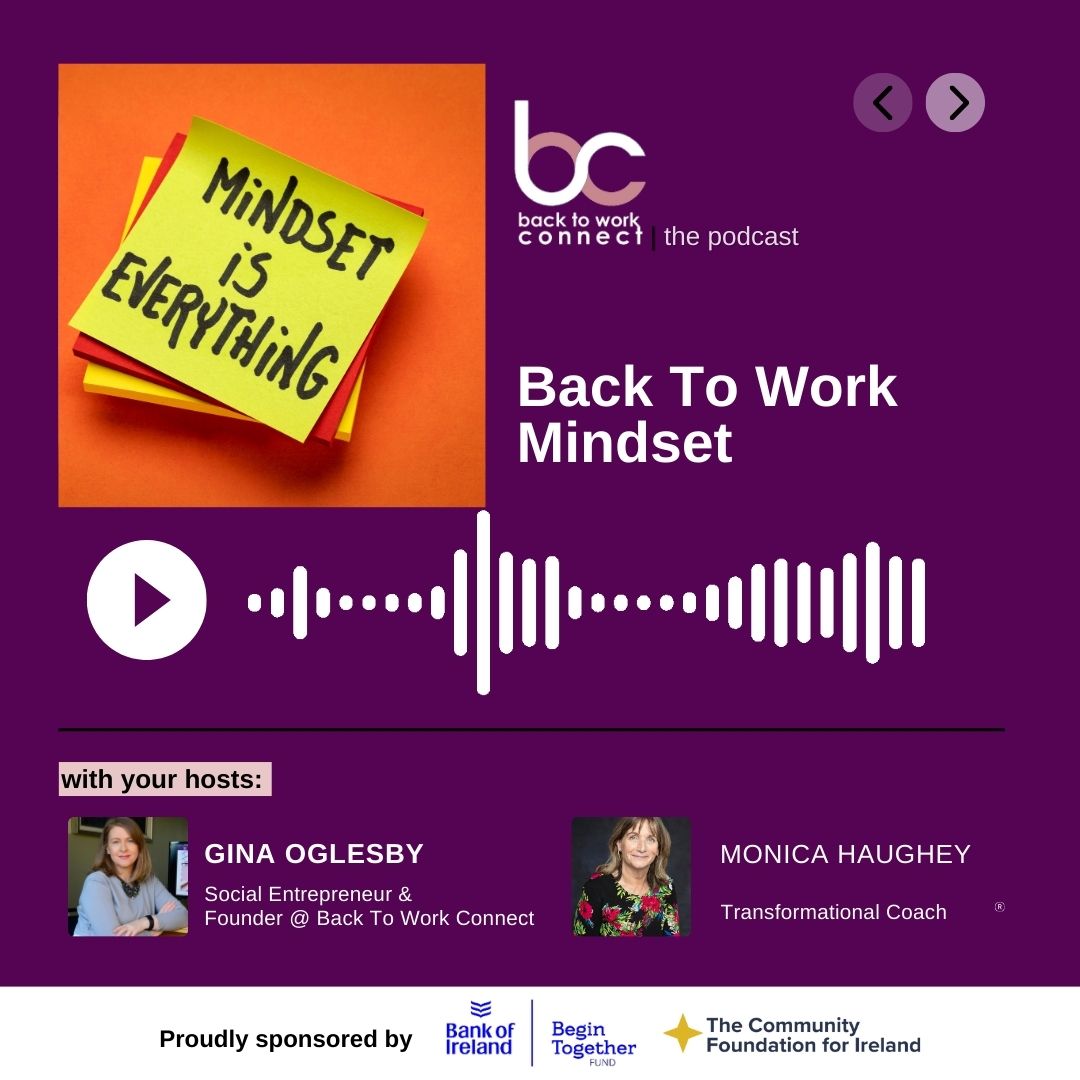Dealing with rejection during the job search process can be challenging, but it’s an inevitable part of the job-hunting journey. Here are some tips to help you manage rejection and stay positive:
Understand that Rejection is Normal:
Rejection is a common experience for everyone during a job search. Remind yourself that it’s not a reflection of your worth or capabilities but often a result of various factors, including competition and specific job requirements.
Allow Yourself to Feel and Process Emotions:
It’s okay to feel disappointed, frustrated, or even upset. Acknowledge your emotions and allow yourself to experience them. Bottling up emotions can make it harder to move forward.
Learn from the Experience:
Use rejection as an opportunity for self-reflection. Consider whether there are areas where you can improve, such as updating your skills, enhancing your resume, or practicing interview techniques. Use each rejection as a learning experience to become a stronger candidate.
Seek Feedback:
If possible, reach out to the employer or recruiter for feedback on why you weren’t selected. Constructive feedback can provide valuable insights and help you identify areas for improvement.
Maintain a Positive Mindset:
Focus on the positive aspects of your job search. Celebrate small victories, such as networking successes or improvements in your application materials. Surround yourself with supportive friends, family, or mentors who can encourage you. You can get some expert advice from Monica Haughey in our recent Back to Work Mindset podcast episode.

Diversify Your Job Search:
Broaden your job search to include different industries, companies, or roles. This can increase your chances of finding a good fit and reduce the impact of rejection from a single opportunity.
Stay Persistent and Resilient:
Job searching is often a numbers game. Stay persistent in your efforts and remain resilient in the face of setbacks. Understand that it may take time to find the right opportunity.
Take Care of Yourself:
Job searching can be stressful, and rejection can take a toll on your well-being. Make self-care a priority by getting enough sleep, exercising, and engaging in activities you enjoy. Taking care of your mental and physical health is crucial during this process.
Network and Seek Support:
Connect with peers, mentors, and professionals in your industry. Sharing your experiences and challenges can provide emotional support and valuable advice. Networking can also open up new opportunities.
Set Realistic Expectations:
Be realistic about the job market and the time it takes to secure a position. Setting unrealistic expectations can lead to frustration. Understand that finding the right job may take time, and setbacks are a normal part of the process.
Remember that rejection is not a reflection of your personal worth. It’s a part of the journey that everyone goes through. Stay positive, learn from each experience, and keep moving forward.
If you would like to improve your job search watch back our recent webinar 10 Ways To Job Search Like A Pro with Eoghan Crosby




